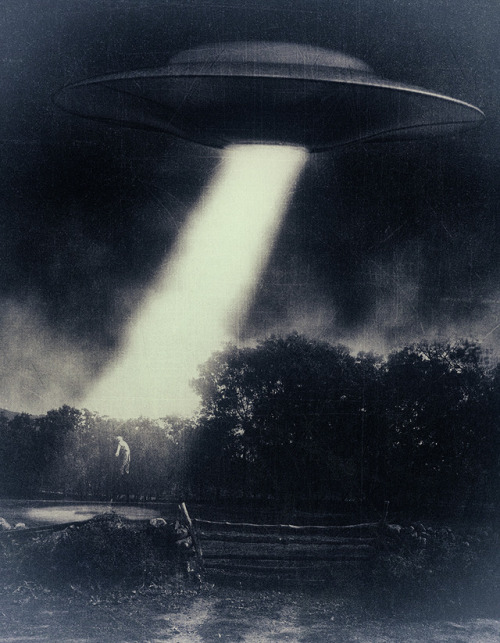Dreaming Of Space: by TAKI: (Click On The Image!)


Dreaming of space: by TAKI: (Click on the image!)
More Posts from I-need-some-space-man-blog and Others

This …….

My kind of mornings💫
Me ………….
*looks up at the night sky* *sees more stars than usual* *mood immediately lifts by 93%*
My alone feels so good, I’ll only have you if you’re sweeter than my solitude.
Warsan Shire (via macrolit)


I want to believe ………

Abduction by Yenna Filmore


Quantum entanglement
Quantum entanglement is a physical phenomenon that occurs when pairs or groups of particles are generated or interact in ways such that the quantum state of each particle cannot be described independently of the others, even when the particles are separated by a large distance—instead, a quantum state must be described for the system as a whole.
Measurements of physical properties such as position, momentum, spin, and polarization, performed on entangled particles are found to be appropriately correlated. For example, if a pair of particles are generated in such a way that their total spin is known to be zero, and one particle is found to have clockwise spin on a certain axis, the spin of the other particle, measured on the same axis, will be found to be counterclockwise, as to be expected due to their entanglement.
up up→|↑〉|↑〉 down down→|↓〉|↓〉 up down→|↑〉|↓〉 down up→|↓〉 |↑〉
Such phenomena were the subject of a 1935 paper by Albert Einstein, Boris Podolsky, and Nathan Rosen, and several papers by Erwin Schrödinger shortly thereafter, describing what came to be known as the EPR paradox. Einstein and others considered such behavior to be impossible, as it violated the local realist view of causality (Einstein referring to it as “spooky action at a distance”) and argued that the accepted formulation of quantum mechanics must therefore be incomplete. Later, however, the counterintuitive predictions of quantum mechanics were verified experimentally.

Experiments have been performed involving measuring the polarization or spin of entangled particles in different directions, which—by producing violations of Bell’s inequality—demonstrate statistically that the local realist view cannot be correct. This has been shown to occur even when the measurements are performed more quickly than light could travel between the sites of measurement: there is no lightspeed or slower influence that can pass between the entangled particles. Recent experiments have measured entangled particles within less than one hundredth of a percent of the travel time of light between them. According to the formalism of quantum theory, the effect of measurement happens instantly.It is not possible, however, to use this effect to transmit classical information at faster-than-light speeds.
Read more at: Micro Universe
Watch the documentary: Microscopic Universe
Source: Wikipedia


saturno 25 6 2017 by Pepe Manteca on Flickr.
-
 brandnameeight liked this · 2 years ago
brandnameeight liked this · 2 years ago -
 dieweltistgrausamundhaesslich liked this · 2 years ago
dieweltistgrausamundhaesslich liked this · 2 years ago -
 arereal-5z-blog liked this · 2 years ago
arereal-5z-blog liked this · 2 years ago -
 pepe-el-barbaro reblogged this · 3 years ago
pepe-el-barbaro reblogged this · 3 years ago -
 pepe-el-barbaro liked this · 3 years ago
pepe-el-barbaro liked this · 3 years ago -
 sayhitoga liked this · 3 years ago
sayhitoga liked this · 3 years ago -
 nolen0pellz-blog liked this · 3 years ago
nolen0pellz-blog liked this · 3 years ago -
 skinnypotato3456 liked this · 3 years ago
skinnypotato3456 liked this · 3 years ago